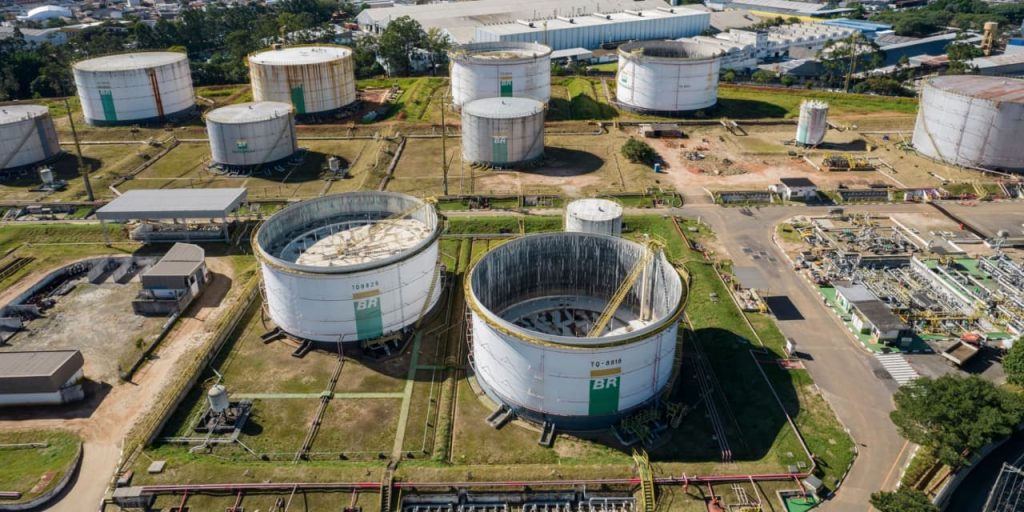Global dividends fell slightly in the third quarter as steep cuts from a handful of companies masked growth across the wider market.
Third-quarter dividend payouts fell 0.9% globally to $421.9 billion, according to the latest version of the Janus Henderson Global Dividend Index. The asset manager’s quarterly index tracks dividends paid by the largest 1,200 companies around the world.
Stocks with steadily growing dividends—market favorites in recent years—have had a tough year. And dividend growth exchange-traded funds have underperformed the
S&P 500 index.
The equal-weighted
ProShares S&P 500 Dividend Aristocrats ETF
(ticker: NOBL), a good proxy for these shares, has returned about minus 1.59% this year, including dividends. That’s far below the 17% result for the broader market. It may be time to give dividend payers another look.
“Dividend growth from companies generally remains strong across a range of sectors and regions, with the exception of commodity related sectors like mining and chemicals,” said Ben Lofthouse, head of global equity income at Janus Henderson.
Underlying dividend growth—which adjusts for special dividends and other changes—was 0.3%. The total paid was slightly better than Janus Henderson expected, and so was the quality, since it was less reliant on one-off special dividends and exchange rate effects than seemed likely three months ago, the report said.
The biggest cuts in the recent quarter came from across the mining sector where more than half of mining companies reduced payouts along with oil producers in Brazil and Taiwan.
Stripping out the two largest cuts—from Brazil’s state-owned
Petróleo Brasileiro
(ticker: PBR), or Petrobras, and Australian miner
BHP Group
(BHP)—underlying growth was “a very respectable” 5.3%, stated the report. Moreover, 89% of companies raised dividends or held them steady in the quarter.
“The impact from BHP and Petrobras has been disproportionately large,” said Lofthouse. “To have seen such steep cuts from the two largest dividend payers in the world in 2022 is very unusual.”
He noted that the “apparent weakness” in the quarter’s global dividends wasn’t a cause for concern and the fact that commodity dividends rise and fall with the cycle normal is well understood by investors and doesn’t indicate “wider malaise.”
Janus Henderson slightly reduced its global forecast for 2023 payouts to $1.63 trillion from $1.64 trillion because of weaker special dividends and a strengthening U.S. dollar. Still, headline global dividend growth in 2023 is forecast to be 4.4% year-over-year.
In North America, dividend growth rose 0.3% to $161.9 billion in the third quarter, marking the eighth consecutive quarter of slowing growth. However, 98% of U.S. companies either raised their payouts or held them steady, the report said.
Technology companies helped drive dividend growth in the third quarter, thanks to big payments from
Microsoft
(MSFT) and
Oracle
(ORCL).
In September, Microsoft announced a 10% dividend increase. The new rate is 75 cents a share quarterly, up 7 cents from the previous rate. The increase brings the software giant’s annual payout to $3 a share. This was the tenth consecutive year that the company has increased its dividend payout.
Utilities also helped with
NextEraEnergy
(NEE) delivering the largest increase, according to the report.
Southwest Airlines
(LUV),
Las Vegas Sands
(LVS) and
Delta Air Lines
(DAL) also resumed payouts after a hiatus during the pandemic.
The biggest dividend cut came from
Blackstone
(BX), which has been reducing its payout as profits from private-equity investment come under pressure, said the report.
“Overall, U.S. dividends are still on track to reach a record high for the full year in 2023,” according to Janus Henderson.
Write to Lauren Foster at [email protected]
Read the full article here















